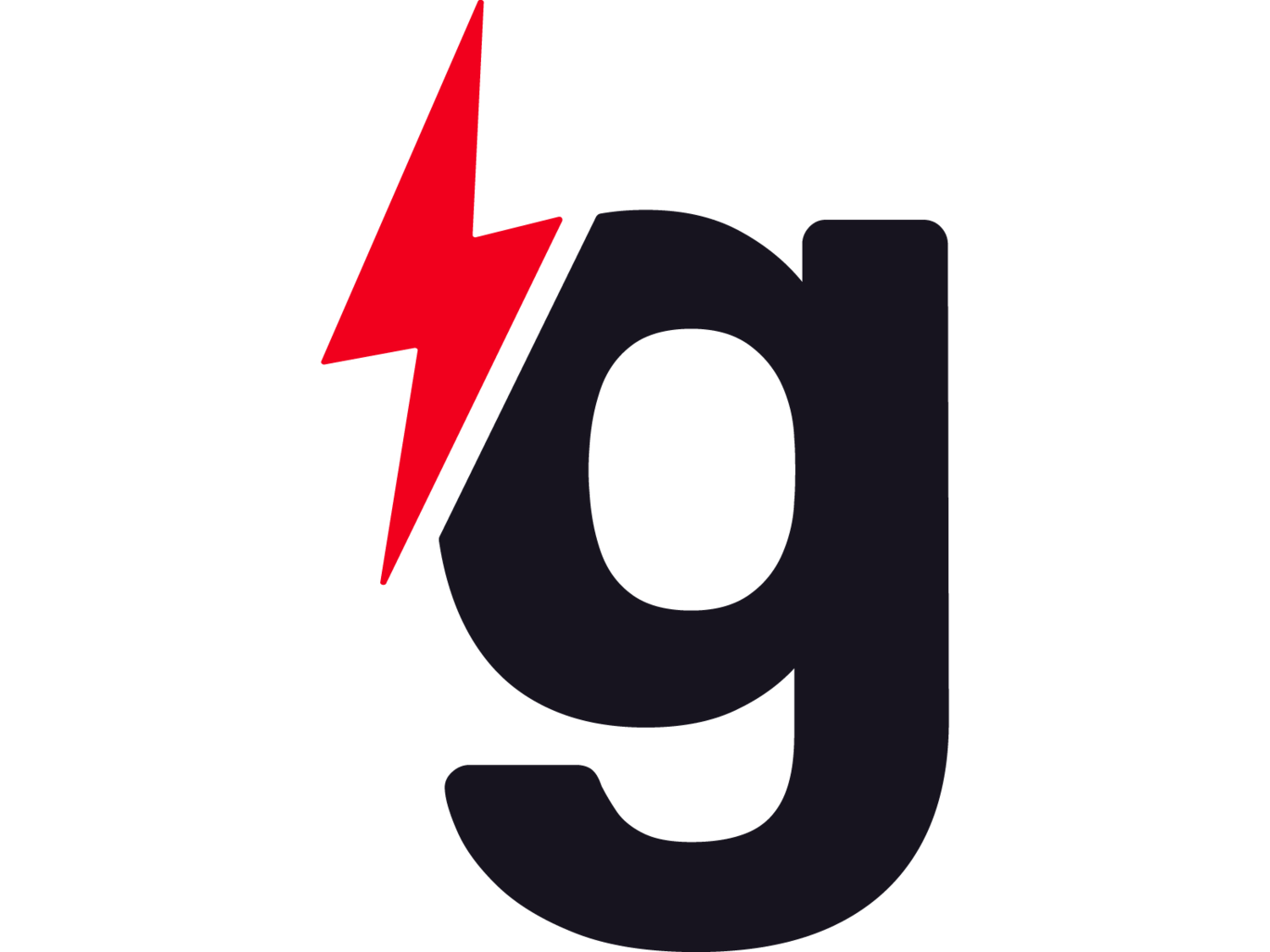Founder Spotlight - Jannae Gammage | Cyphr
gener8tor is pleased to introduce Jannae Gammage, the founder of Cyphr. Jannae is using data, automation, and AI to flip the tables on financial institutions and change the way money moves in our society.
Jannae recently participated in our Lightning Rounds for women founders. Then, we sat down for a Q&A about her company and her experience with Lightning Rounds.
Can you tell me a bit about your company? Where are you located?
Cyphr is all about unlocking access to capital in a way that's never been done before. We’re based in Kansas City, and we were intentional about selecting our HQ city. We decided on KC because it is a community-driven beacon in the midwest. Referrals, introductions, and the ecosystem’s willingness to help us changed the trajectory of our company — all that matters is we’re making moves to change how financial institutions make decisions and helping to make an impact.
What's your origin story?
Our origin was simple. I was frustrated seeing good businesses, especially in underserved communities, getting denied loans because the system is outdated and broken. I knew hosting fireside chats and webinars that spoke about the problem wasn't going to cut it anymore. So, I melded my data and SBA lending background with my co-founder’s finance expertise to the test, and we came up with a plan to fix it.
What do you hope for Cyphr in, say, 10 years?
In 10 years? I want our language model to be the operating system of money movement across every vertical in finance; a platform that powers everything from lending to credit to payments and how money moves, especially in underserved markets globally. That's the big vision: a world where money moves freely. A world that we helped create.
What do you enjoy about being a startup founder?
Being a startup founder is like being a firefighter, entrepreneur, and dreamer all wrapped in one. I love the hustle. Every day is different, and there’s nothing better than building something that actually changes people's lives. It’s addicting. I believe it's my calling in life and I'm finally doing my best work.
What have been your biggest challenges and how are you overcoming them?
The largest challenge is inherent bias. We're selling to those who don't look like us, and overcoming that was extremely hard in the beginning. We went through a level of acceptance and refined our strategies around who we work with and talk to and realized this work is more enjoyable when we're able to work with our people - those who believe what we believe, those with a desire to make the same type of impact and are actually doing the work.
Biggest challenges? It’s always going to be balancing vision with execution while building the right team to carry out the master plan. You’ve got this massive idea, but reality and the unexpected have a way of testing you. The way I’ve gotten through it? The people around me. Hire well, stay humble, and listen to your co-founder and mentors for additional perspectives and ideas. Most importantly, really listen to the market, to your customers. We conducted customer discovery for an entire year before writing the first line of code. We went slow to go fast. That was the best decision we ever made for our product.
What was your experience like with the gener8tor Lightning Rounds? What was most valuable from the feedback you received?
gener8tor was straight-up fire. I love anything that pushes you to think faster, execute quicker, and just go. The feedback was real and raw. The most valuable part? It helped us zero in on what actually matters to investors. Largest insight: People care about outcomes, not just ideas. It refined our approach when pitching.
What advice would you give someone thinking of taking the journey into creating a startup?
Stop thinking and start doing. Ideas are worthless if you don’t put in the work. Execution is the game. Also, be ready to fail — often AND intelligently. That’s when it's not a bad thing; it’s part of the process of building the callus and knowledge required to grow strategically.
Most important — relationship capital. Surround yourself with smart, positive people, and don’t be afraid to ask for help. If you’re not in it for the long haul, don’t even start. This is an ultra-marathon, not a sprint.


